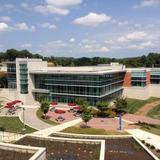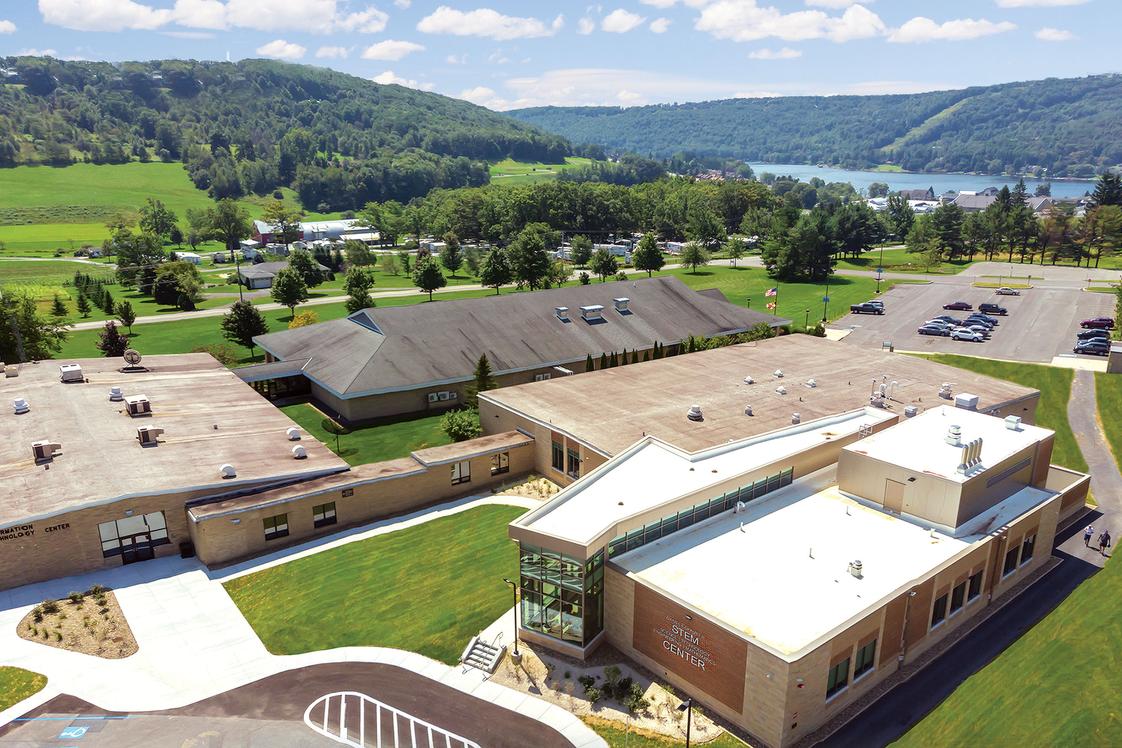The Maryland average community college debt for graduating students is approximately $10,000 (2025).
For public community colleges in Maryland, the average community college debt for graduating students is approximately $10,291.
For private community colleges in Maryland, the average community college debt for graduating students is approximately $11,250.
Completed Debt Range: $7,000
$15,250
Avg. Completed Debt: $10,355
Community College Debt For Graduating Students in Maryland (2025)
College
Completed Debt
Location
Rank: #11.
Completed Debt: $7,000
7932 Opossumtown Pike
Frederick, MD 21702
(301) 846-2400
Frederick, MD 21702
(301) 846-2400
Rank: #22.
Completed Debt: $7,613
32000 Campus Drive
Salisbury, MD 21804
(410) 334-2800
Salisbury, MD 21804
(410) 334-2800
Rank: #33.
Completed Debt: $8,575
101 College Pky
Arnold, MD 21012
(410) 777-2222
Arnold, MD 21012
(410) 777-2222
Rank: #44.
Completed Debt: $9,000
8730 Mitchell Rd
La Plata, MD 20646
(301) 934-2251
La Plata, MD 20646
(301) 934-2251
Rank: #5 - 65. - 6.
Cecil College![Cecil College Photo - The PE Complex Cecil College Photo - The PE Complex]()

Public
Completed Debt: $9,500
One Seahawk Drive
North East, MD 21901
(410) 287-1000
North East, MD 21901
(410) 287-1000
Rank: #5 - 65. - 6.
Completed Debt: $9,500
401 Thomas Run Rd
Bel Air, MD 21015
(443) 412-2000
Bel Air, MD 21015
(443) 412-2000
Rank: #77.
Montgomery College
Public
Completed Debt: $10,000
51 Mannakee Street
Rockville, MD 20850
(240) 567-5000
Rockville, MD 20850
(240) 567-5000
Rank: #8 - 98. - 9.
Howard Community College
Public
Completed Debt: $10,500
10901 Little Patuxent Pkwy
Columbia, MD 21044
(443) 518-1000
Columbia, MD 21044
(443) 518-1000
Rank: #8 - 98. - 9.
Completed Debt: $10,500
301 Largo Rd
Largo, MD 20774
(301) 546-7422
Largo, MD 20774
(301) 546-7422
Rank: #1010.
Completed Debt: $10,750
11400 Robinwood Dr
Hagerstown, MD 21742
(240) 500-2530
Hagerstown, MD 21742
(240) 500-2530
Rank: #1111.
Lincoln College of Technology-Columbia
Private for-profit
Completed Debt: $11,250
9325 Snowden River Pky
Columbia, MD 21046
(410) 290-7100
Columbia, MD 21046
(410) 290-7100
Rank: #1212.
Garrett College![Garrett College Photo Garrett College Photo]()

Public
Completed Debt: $11,885
687 Mosser Road
McHenry, MD 21541
(301) 387-3000
McHenry, MD 21541
(301) 387-3000
Rank: #13 - 1413. - 14.
Completed Debt: $12,000
1601 Washington Rd
Westminster, MD 21157
(410) 386-8000
Westminster, MD 21157
(410) 386-8000
Rank: #13 - 1413. - 14.
Completed Debt: $12,000
7201 Rossville Boulevard
Baltimore, MD 21237
(443) 840-2222
Baltimore, MD 21237
(443) 840-2222
Rank: #1515.
Completed Debt: $15,250
12401 Willowbrook Rd SE
Cumberland, MD 21502
(301) 784-5000
Cumberland, MD 21502
(301) 784-5000
Frequently Asked Questions
What is the Maryland average community college debt for graduating students?
The Maryland average community college debt for graduating students is $10,000 for 2025.
What are schools with the highest average community college debt for graduating students in Maryland?
The schools with the highest average community college debt for graduating students in Maryland include Frederick Community College, Wor-Wic Community College and Anne Arundel Community College.
Recent Articles

Obtaining Your Bachelor's Degree at a Community College
Explore the evolving landscape of community colleges offering bachelor's degrees, addressing affordability, accessibility, and workforce needs.

A to Z of Community College Certificates and Courses
From business and healthcare to technology and skilled trades, the article showcases the breadth of options available to students seeking to enhance their knowledge, develop new skills, or pursue career advancement.

What is a Community College?
This comprehensive guide explains what a community college is, its history, and its role in higher education. It covers the types of programs offered, differences from four-year colleges, benefits of attending, and important considerations for prospective students, providing valuable insights for those exploring educational options.










